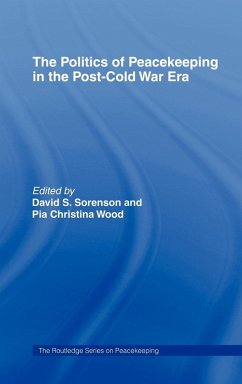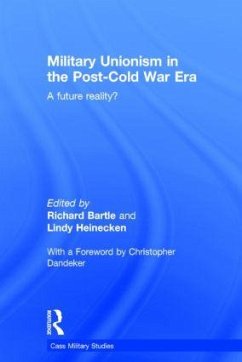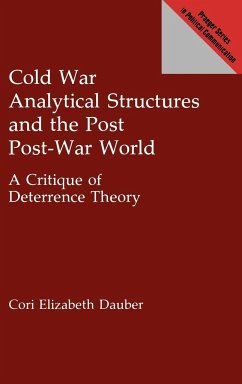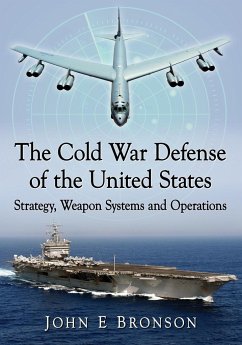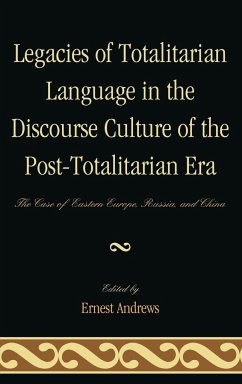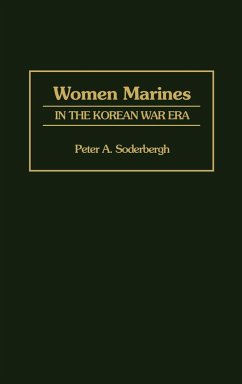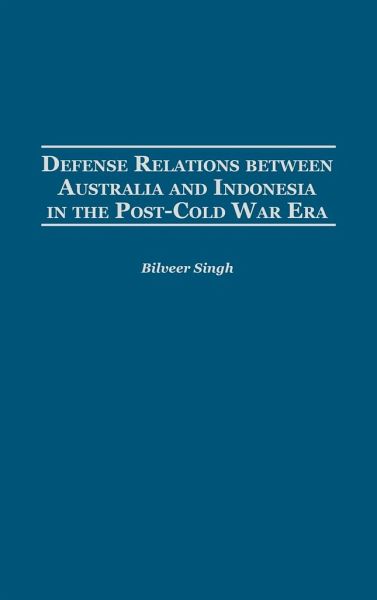
Defense Relations Between Australia and Indonesia in the Post-Cold War Era

PAYBACK Punkte
44 °P sammeln!
Recent years have seen dramatic shifts in the nature of Australian-Indonesian relations, and this in turn has had a great impact on the strategic partnership that had gradually come into existence between the two regional powers. Against the backdrop of rapid strategic, political, economic, social, and technological changes occurring on a global scale, Australian foreign policy efforts at cooperation with its largest and nearest Asian neighbor have changed as well-largely as a result of domestic political considerations. Reaching a high point under Prime Minister Keating, defense relations sou...
Recent years have seen dramatic shifts in the nature of Australian-Indonesian relations, and this in turn has had a great impact on the strategic partnership that had gradually come into existence between the two regional powers. Against the backdrop of rapid strategic, political, economic, social, and technological changes occurring on a global scale, Australian foreign policy efforts at cooperation with its largest and nearest Asian neighbor have changed as well-largely as a result of domestic political considerations. Reaching a high point under Prime Minister Keating, defense relations soured considerably and suddenly after 1999. Singh provides a non-partisan account of the shift from partnership to cold peace and an examination of how it has affected the bilateral, regional, and global security environment. The Indonesian public and political elite have become hostile toward Australia as a result of her perceived role in the birth of an independent East Timor. Indonesians are also increasingly suspicious of Australian intensions toward their own country, with many believing that Canberra would like to repeat its East Timor success in Papua, thereby leading to the disintegration of Indonesia itself. John Howard's pro-Western policies are also viewed as a return to Australian projection of itself as a Western outpost on the fringes of Asia. As the strategic cooperation between the two nations has faltered, it has had tremendous implications for the defense and security outlook of both powers. The world cannot afford to ignore this possible threat to regional stability.




